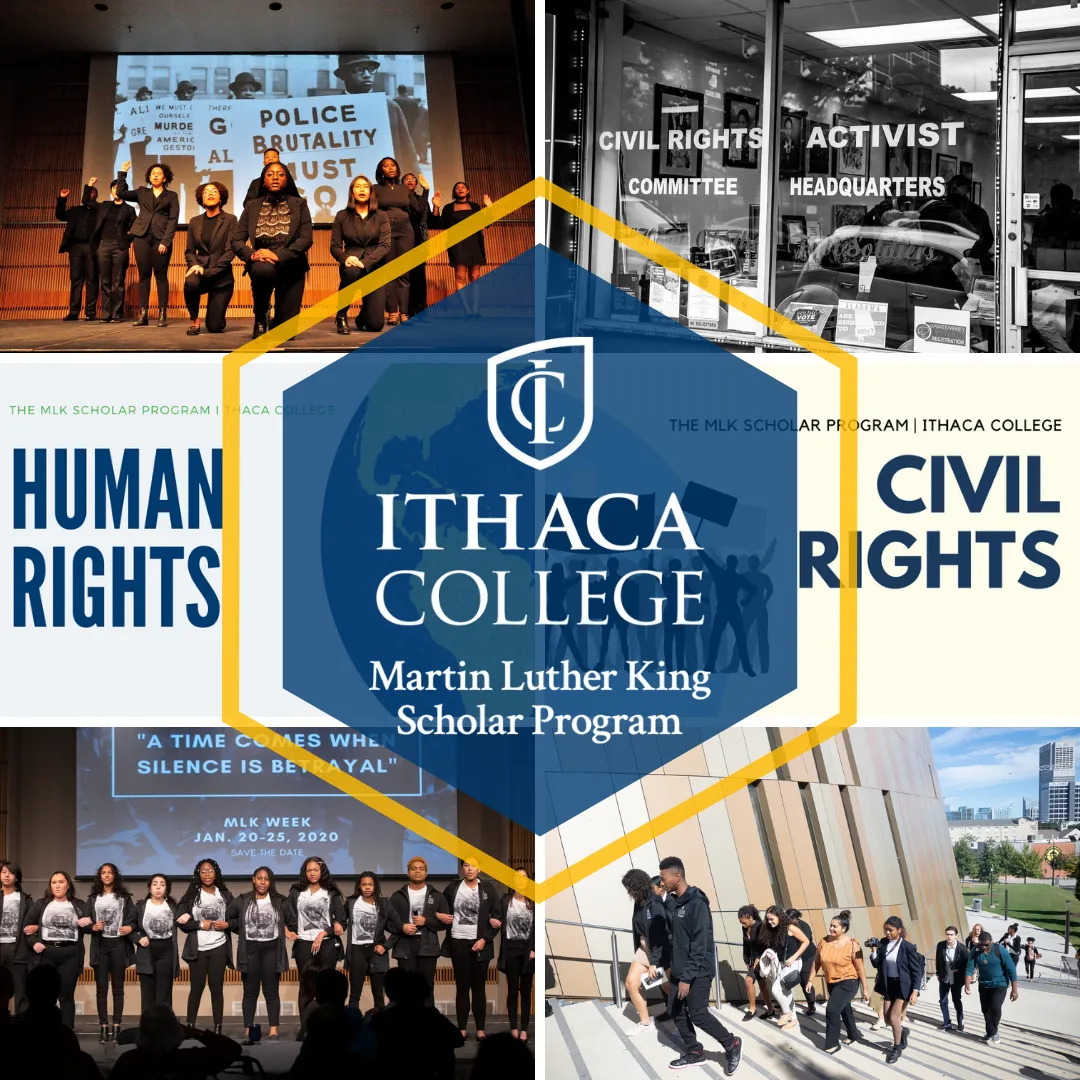Traditionally, first-year MLK Scholars have worked together to coordinate a reflective presentation to our campus community during our MLK Campus-Wide Celebration each January. This presentation was a culmination of their US Civil Rights seminar and their Civil Rights Tour to parts of Georgia and Alabama.
This year, our new 'Scholars were asked to address the question 'Where Do We Go From Here: Chaos or Community?" in a final paper for their seminar. These final papers were compiled into one document and sent to the Biden-Harris administration in anticipation of the presidential inauguration.
'Scholars were also assigned a final individual project; design learning or support resources for our campus community based on a social justice or social change area of interest.
